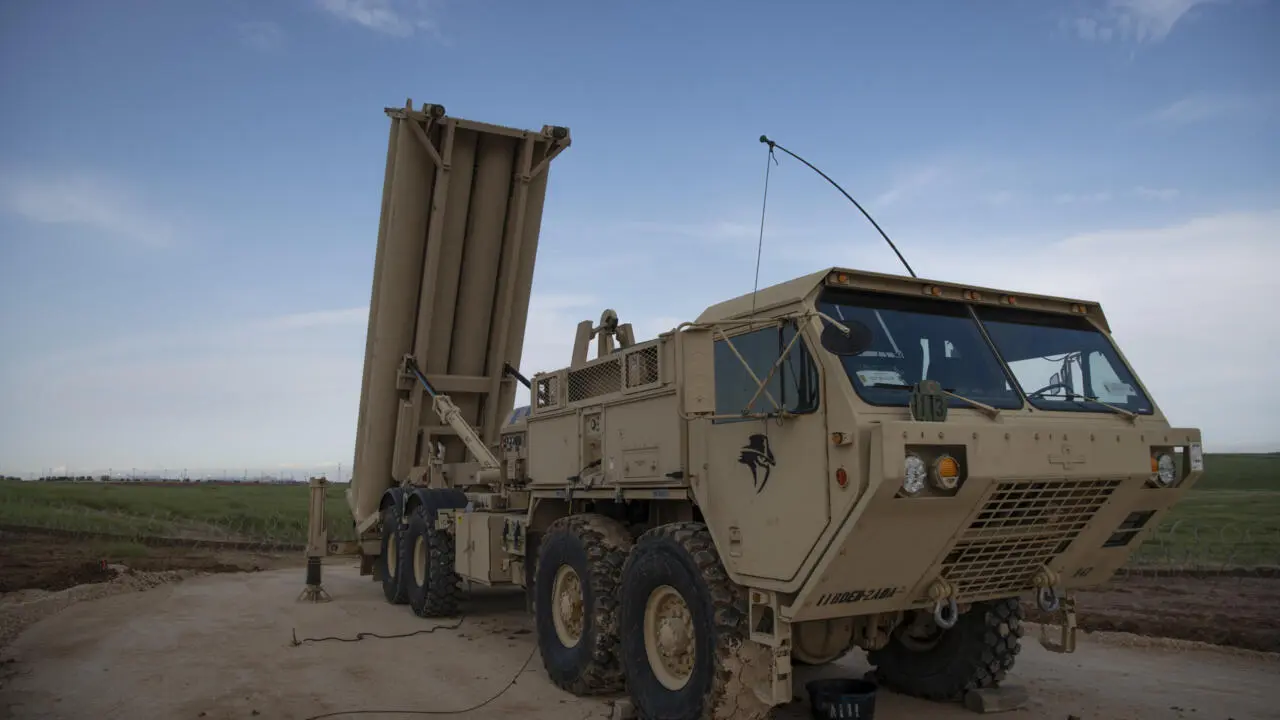The deployment of the Terminal High Altitude Area Defense (THAAD) system comes as Israel prepares to hit back against Iran for a major ballistic missile attack earlier this month, and the battery will boost Israeli defenses in case Tehran strikes back again.
US ships and warplanes have helped defend Israel from the Iranian attacks, but the deployment of the battery will put the roughly 100 US troops who will operate it – as well as the system itself – on the ground in Israel and more directly in harm’s way.
“Putting US servicemembers in Israel proper shows that Washington is very visibly and tangibly committed to Israel’s security and will fight if necessary,” said Raphael Cohen, a senior political scientist at the RAND Corporation.
Pentagon spokesman Major General Pat Ryder said Tuesday that an advance team of US personnel and initial components needed for the battery had arrived in Israel the previous day, with more to follow soon. “*The battery will be fully operational capable in the near future,” he said in a statement, adding that the deployment “underscores the United States’ commitment to the defense of Israel and to defend Americans in Israel from any ballistic missile attacks by Iran.”
The THAAD system – which was developed in the 1990s, with the first battery activated in 2008 – is operated by 95 soldiers and consists of six truck-mounted launchers with eight interceptors each, a radar, and a fire control component, according to the US Congressional Research Service.
Tom Karako, director of the Missile Defense Project at the Center for Strategic and International Studies, said the battery – which includes a billion-dollar radar – is “potentially a very expensive target” that needs to be well-protected. The THAAD deployment to Israel “obviously adds a lot of capability and capacity, but it… comes with some strategic risk, and it comes with some operational and opportunity costs,” Karako said.


